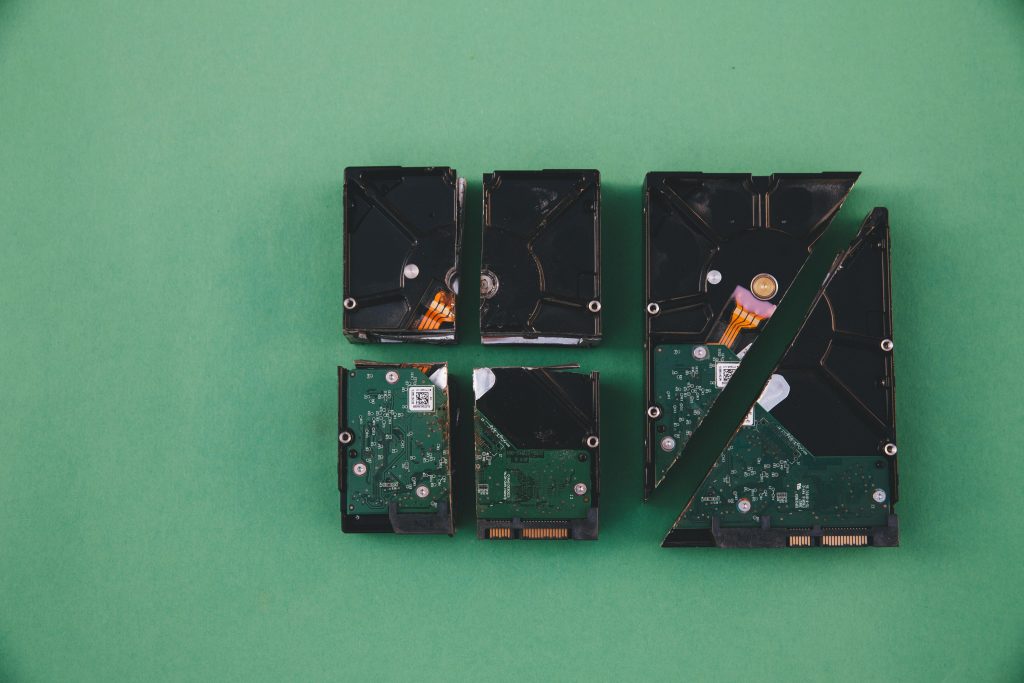Recovering Data After Accidental Volume Deletion: What You Need to Know
Losing important files due to accidental deletion or reconfiguration of storage devices can be a distressing experience. Recently, some users have reported incidents where attempting to connect a hard drive to their laptop led to unintended loss of data after formatting or deleting the drive’s volume.
Understanding the Scenario
In a common situation, a user may try to troubleshoot storage recognition issues on their computer. For example, if the hard drive is not appearing properly, a typical suggestion might be to check disk management tools to assign or change drive letters or to reveal hidden drives. Sometimes, during this process, options such as “Delete Volume” may be selected unintentionally, especially if the drive was not properly backed up beforehand.
The Role of Disk Management and Volume Deletion
The “Disk Management” utility in Windows allows users to view and manage disk partitions and volumes. If a drive’s volume is deleted, the data residing on that partition can become inaccessible. Although deleting a volume may seem like an effective way to fix disk issues, it can also result in the complete loss of data stored on that partition if not performed carefully.
Precautions and Best Practices
- Always back up important data before performing disk operations.
- When a drive is not recognized, first check for hidden or unallocated space in Disk Management.
- Avoid deleting volumes unless you are certain of what the action entails and have a backup.
Can Data Be Recovered After Deletion?
The good news is that, in many cases, data can be recovered if the deleted volume has not been overwritten. Techniques include:
- Using reputable data recovery software that scans unallocated space for recoverable files.
- Consulting professional data recovery services for complex cases.
Immediate Steps to Take
- Stop Using the Affected Drive: To prevent overwriting, avoid writing new data to the drive.
- Use Data Recovery Software: Tools such as Recuva, EaseUS Data Recovery Wizard, or Stellar Data Recovery can scan your drive for recoverable files.
- Seek Professional Help: If software solutions don’t work, consider reaching out to certified data recovery specialists.
Preventative Measures for the Future
- Regularly back up your data to multiple locations.
- Before making changes to disk partitions, ensure you understand each step.
- Keep detailed records of any modifications to your disk configuration.
Final Thoughts
Accidental data loss is a common concern
Share this content:



